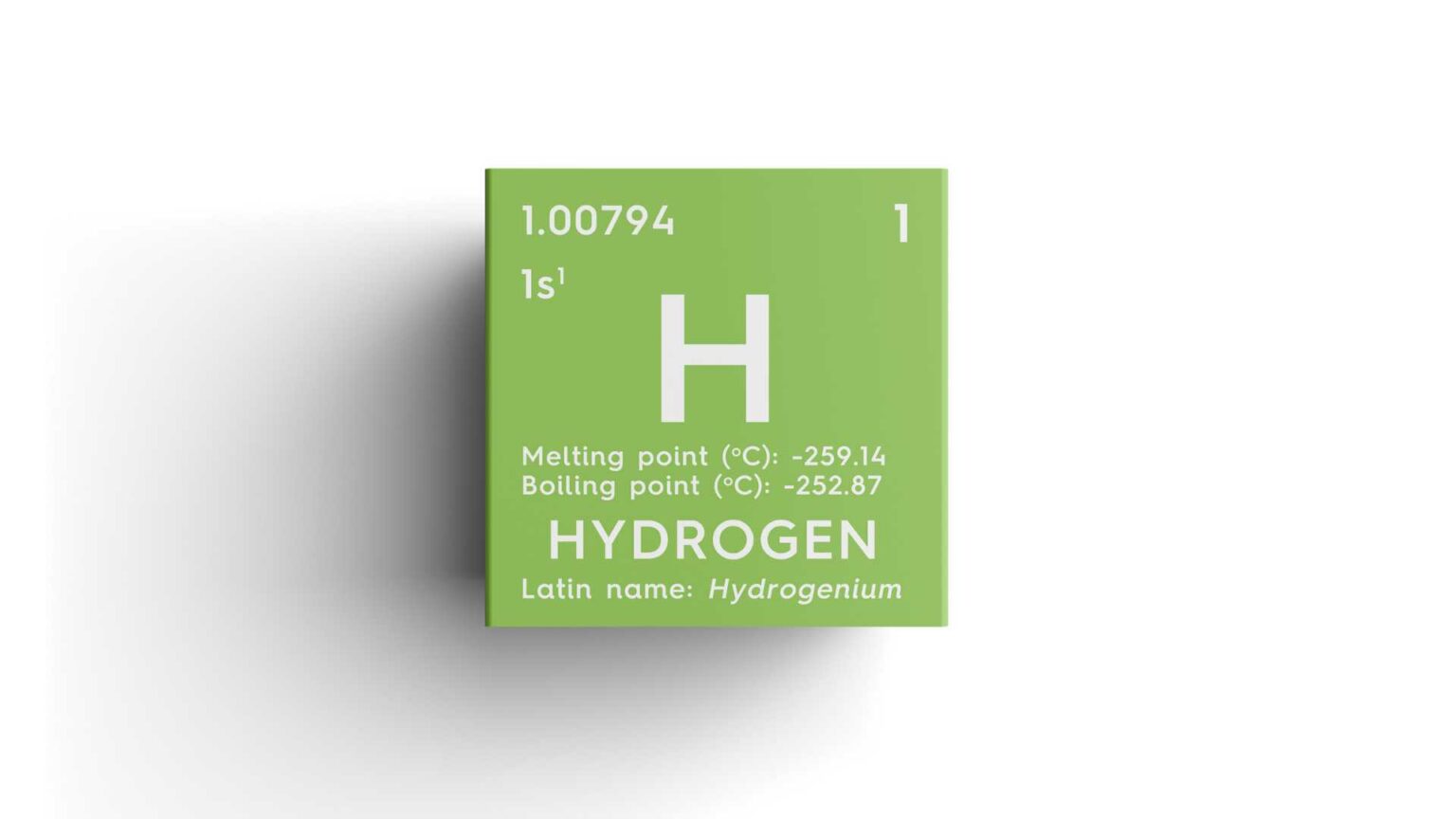Granite Creek Copper, a Canadian exploration and development company, is venturing into the field of geological hydrogen with the aid of a U.S. Department of Energy grant.
Alongside Cornell University, they are exploring natural hydrogen deposits and extraction methods, aiming to be among the first movers in this arena. Granite Creek aims to tap into this resource as part of their diversification strategy that includes exploring critical minerals and carbon sequestration.
The company is making significant progress in Alaska, acquiring projects like the Union Bay platinum group metals-nickel project on the Cleveland Peninsula. These sites are promising for both geological hydrogen and carbon capture. Under the guidance of Cornell’s Dr. Greeshma Gadikota, they are researching ways to enhance hydrogen production using natural catalysts in Alaskan ultramafic resources. This research is backed by a grant from the Advanced Research Projects Agency-Energy program.
Granite Creek is expanding its partnerships beyond Cornell, having recently partnered with New England Research to study geological hydrogen potential at their Star project in British Columbia. These collaborations bolster their efforts to explore and develop new energy solutions while continuing to advance their traditional mining projects.





